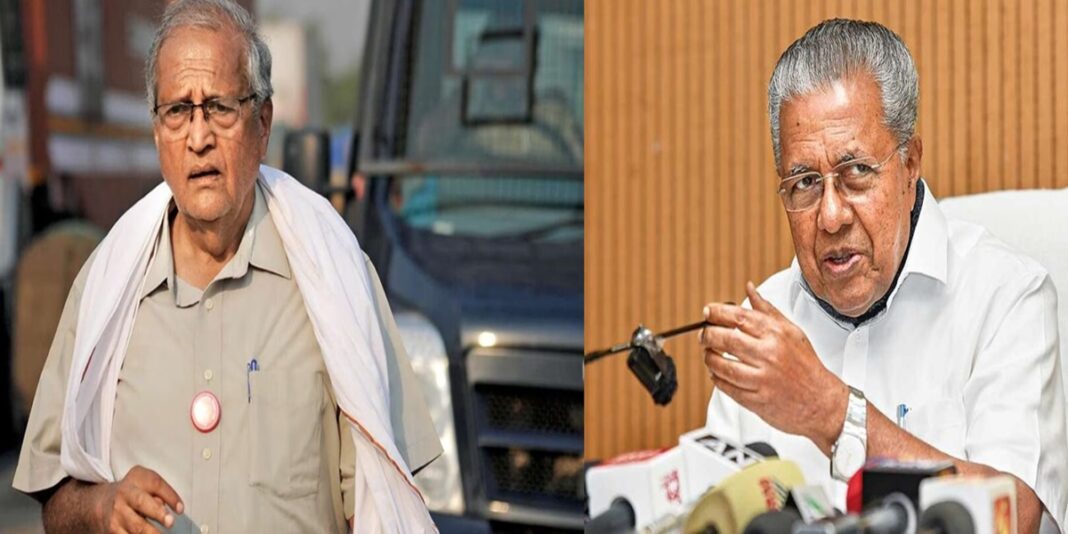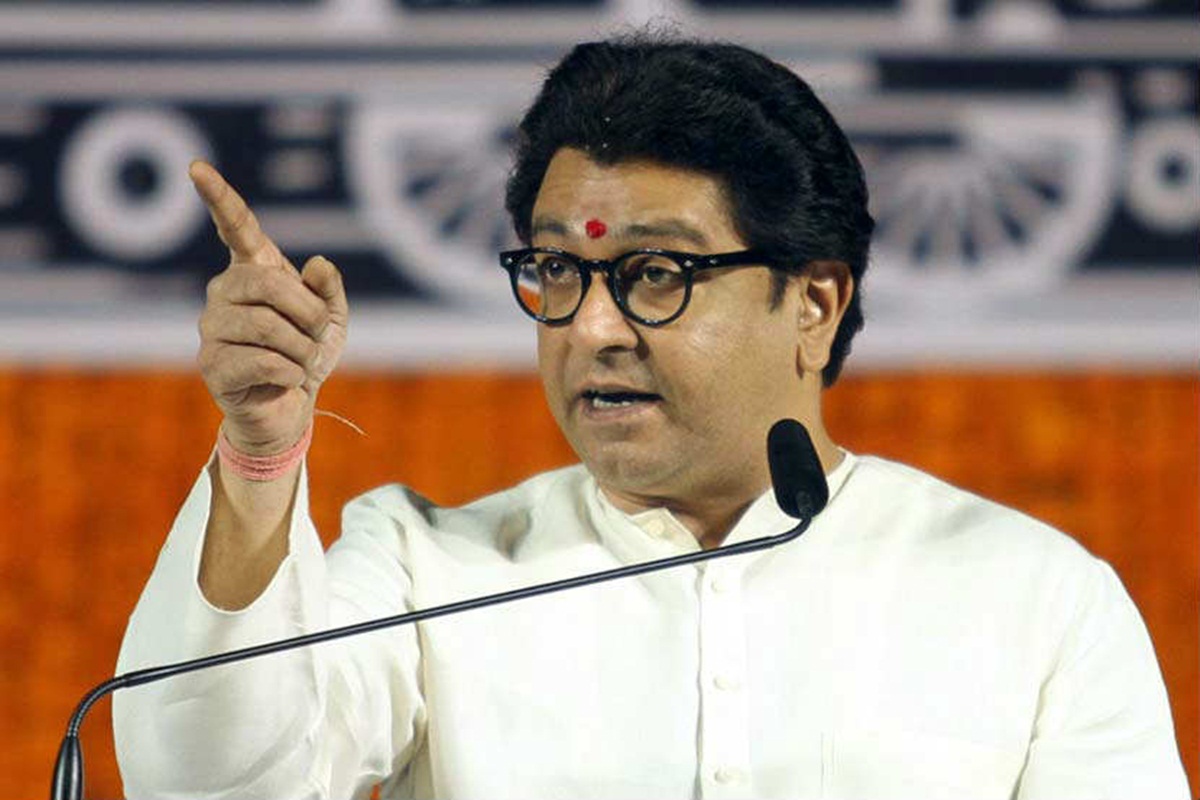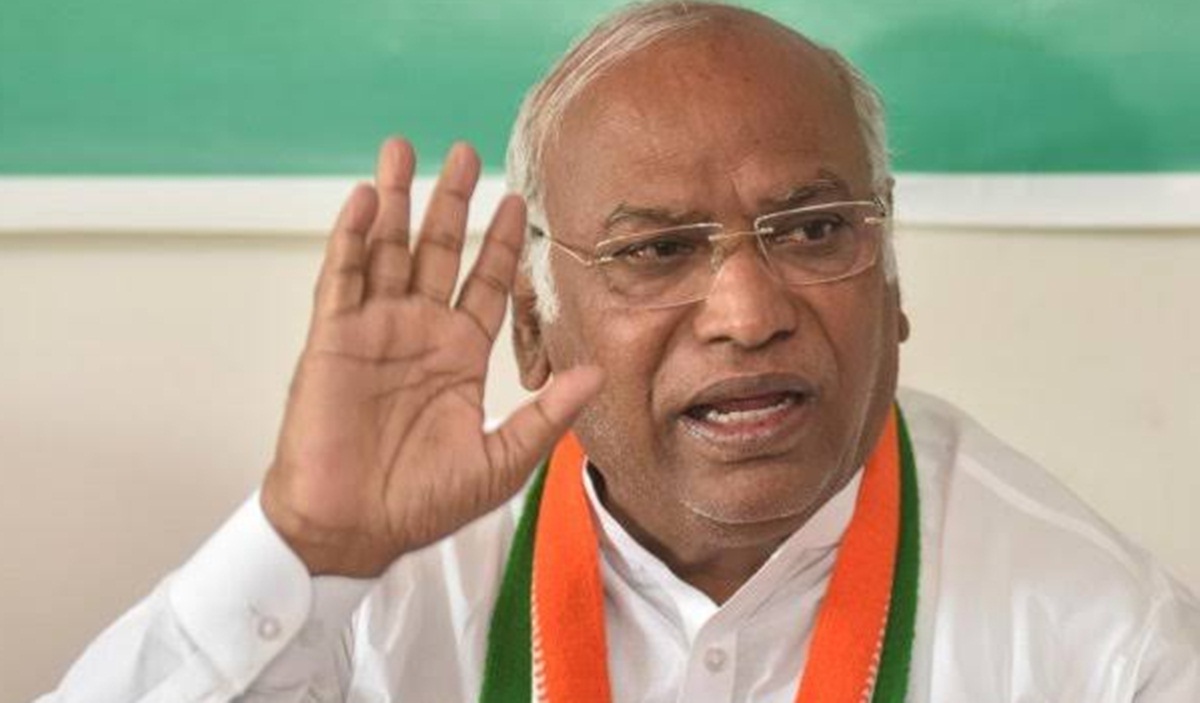Thiruvananthapuram: Karl Marx might have turned in his grave at Highgate Cemetery in London, pained to see India’s mainstream communist party, which carries his name, making a clean break from everything he had written.
The 24th Kerala state conference of the Communist Party of India (Marxist)—CPI (M)—can justifiably be termed historic, but for all the wrong reasons, according to Marxist doctrine.
What defined the triennial party meet, which saw the convergence of over a hundred select cadres and leaders from across the state in the presence of politburo members from the party centre, was a document presented by Chief Minister Pinarayi Vijayan titled “New Paths to a New Kerala.”
Touted as a strategic paper, it envisions how to shape Kerala’s future as a front-line state in India by leveraging its productive potential in all socio-economic verticals. As per party protocol, the four-day meeting adopted the document with several amendments after threadbare deliberations lasting hours.
The debate saw a few doctrinaire, old-time comrades raising their eyebrows. But, reminiscent of the transformational shift in post-Mao China, such feeble criticism proved to be mere whimpers in a party setup dominated by the Chief Minister.
Though couched in Marxist language, the document did not mince words in stating that Kerala’s progress must be driven by private capital, with the government playing the role of a facilitator that guarantees a conducive ecosystem for investors. It also asserted the party’s pivotal role in steering the state toward a bright future.
Significantly, the party conference came close on the heels of a two-day global investor meet organized by the government in Kochi.
The government claimed the event was a resounding success, garnering investment proposals worth nearly ₹2 lakh crore. It attributed the enhanced investor confidence in the state to the improved ease of doing business ushered in by the LDF government since it came to power in 2016. The upfront pro-business policy initiatives of back-to-back ministries led by Pinarayi Vijayan are repeatedly projected as the catalyst for this transformation.
All this would have passed as normal, if not for the CPI (M)’s record and the governments led by it, which have alternated in power for decades.
Riding on the strength of its trade unions and student and youth outfits, the party had often taken to the streets to oppose radical economic reforms and the infusion of disruptive technologies. Especially when in opposition, the party had assumed grim ideological positions against transformative shifts.
One striking instance was its past opposition to private universities. While in opposition, the party’s student outfit, the Students’ Federation of India (SFI), vigorously protested when the UDF government led by Oommen Chandy moved in that direction. The stir turned so ugly that the then chairman of the Higher Education Council, a highly respected former diplomat, was roughed up in public.
Similarly, the party’s new stance states that private investment could be leveraged to revive loss-making public sector enterprises, a departure from its earlier position of stiffly opposing the Centre’s disinvestment policy.
The party has pushed its troubled past under the carpet.
Dismissing suggestions that the document presented and adopted at the party meeting marked a complete ideological shift, the CPI (M) leadership insists it is merely a roadmap for Kerala’s future, aiming to transform it into a knowledge-based economy. The party claims to still adhere to its ideological fundamentals, even as it plays a central role in shaping a progressive and equitable social order—one that could serve as an alternative model for the country.
This ideological repositioning also sends a message to the Congress-led United Democratic Front (UDF) that the LDF is gearing up for a serious attempt at a third consecutive term under Pinarayi Vijayan’s leadership. The party suggests that its rout in the Lok Sabha elections does not necessarily indicate bleak prospects for the 2026 Assembly polls.
Notably, Vijayan has been exempted from the party’s age cap of 75 for leaders eligible to be part of the higher party apparatus.
On the flip side, the conference proceedings took place in the presence of politburo members Prakash Karat—now designated as the central coordinator for party functions following the death of Sitaram Yechury—and Brinda Karat, both known for their deep commitment to classical Marxism.








أجهزة سحبة السيجارة الإلكترونية توفر تجربة تدخين مريحة وعملية، تعمل بالبطارية وتستخدم سوائل النيكوتين بتركيزات مختلفة، مما يسمح للمستخدم بالتحكم في كمية النيكوتين المستهلكة.
where can i get cheap clomid no prescription where buy cheap clomid order cheap clomiphene price can i purchase clomid prices buying generic clomid tablets where to buy cheap clomid no prescription says: can you buy clomiphene for sale
I’ll certainly return to read more.
The thoroughness in this break down is noteworthy.
azithromycin 500mg brand – generic metronidazole purchase flagyl generic
motilium cheap – order motilium 10mg pill buy cyclobenzaprine without a prescription
buy inderal online – buy clopidogrel 150mg online cheap where can i buy methotrexate
cheap amoxiclav – https://atbioinfo.com/ ampicillin antibiotic online
esomeprazole sale – anexamate.com nexium 20mg cost
buy meloxicam 15mg sale – https://moboxsin.com/ cheap mobic
prednisone usa – aprep lson buy prednisone for sale
best ed pill – https://fastedtotake.com/ buy ed medications
amoxil tablet – amoxil oral amoxicillin cost
buy forcan online – on this site forcan us
buy generic cenforce for sale – generic cenforce 50mg buy cenforce pills
cialis after prostate surgery – https://ciltadgn.com/# dapoxetine and tadalafil
buy cialis online in austalia – buy cialis without doctor prescription buy tadalafil reddit
order ranitidine 300mg for sale – zantac pill generic ranitidine 150mg
street price of 100 mg viagra – buy viagra kamagra viagra buy china
This website positively has all of the bumf and facts I needed there this case and didn’t identify who to ask. este sitio
More posts like this would prosper the blogosphere more useful. https://ursxdol.com/get-metformin-pills/
The vividness in this serving is exceptional. https://prohnrg.com/product/omeprazole-20-mg/
More posts like this would make the online play more useful. pharmacie en ligne cialis professional sans ordonnance
This is the description of content I have reading.
reglan tablet
More posts like this would add up to the online time more useful. http://zqykj.cn/bbs/home.php?mod=space&uid=302513
buy orlistat generic – https://asacostat.com/ buy orlistat pills for sale
Greetings! Jolly useful par‘nesis within this article! It’s the crumb changes which liking obtain the largest changes. Thanks a portion quest of sharing! http://ledyardmachine.com/forum/User-Uldcub
You can protect yourself and your ancestors nearby being heedful when buying pharmaceutical online. Some pharmacopoeia websites control legally and sell convenience, secretiveness, cost savings and safeguards for purchasing medicines. buy in TerbinaPharmacy https://terbinafines.com/product/bentyl.html bentyl
You can protect yourself and your ancestors by way of being wary when buying pharmaceutical online. Some pharmacy websites manipulate legally and put forward convenience, reclusion, sell for savings and safeguards for purchasing medicines. buy in TerbinaPharmacy https://terbinafines.com/product/motrin.html motrin
With thanks. Loads of knowledge! TerbinaPharmacy
You can conserve yourself and your dearest by way of being wary when buying prescription online. Some pharmaceutics websites function legally and offer convenience, privacy, rate savings and safeguards for purchasing medicines. http://playbigbassrm.com/fr/
The sagacity in this serving is exceptional.
kuwin sở hữu kho game đa dạng từ slot đến trò chơi bài đổi thưởng, mang đến cho bạn những giây phút giải trí tuyệt vời.
Với giao diện mượt mà và ưu đãi hấp dẫn, MM88 là lựa chọn lý tưởng cho các tín đồ giải trí trực tuyến.
iwin – nền tảng game bài đổi thưởng uy tín, nơi bạn có thể thử vận may và tận hưởng nhiều tựa game hấp
Đến với J88, bạn sẽ được trải nghiệm dịch vụ cá cược chuyên nghiệp cùng hàng ngàn sự kiện khuyến mãi độc quyền.
Đến với J88, bạn sẽ được trải nghiệm dịch vụ cá cược chuyên nghiệp cùng hàng ngàn sự kiện khuyến mãi độc quyền.
Với giao diện mượt mà và ưu đãi hấp dẫn, MM88 là lựa chọn lý tưởng cho các tín đồ giải trí trực tuyến.
Wir empfehlen die Nutzung unserer Chat-Funktion, um dein Anliegen so schnell wie möglich zu klären. Zusätzlich ermöglicht der Livestream den Nutzern, die Übertragungen der Spiele in Echtzeit zu verfolgen und das Geschehen live mitzuerleben. Dieses Wissen ist entscheidend, um informierte Entscheidungen darüber zu treffen, welche Spiele im Echtgeld-Modus wie gespielt werden sollen.
Manchmal gibt es außerdem 5 Gratiswetten für Sport. In manchen Fällen erhalten E-Wallets keine Gelder, wenn du per Bankkarte eingezahlt hast. Leon Casino bietet Spielern aus dem Deutschland verschiedene Zahlungsmethoden, die auf unterschiedliche Profile und Budgets zugeschnitten sind. Es ist eine großartige Möglichkeit, bei internationalen Turnieren bis hin zu den neuesten Amateurligen live dabei zu sein.
Das bedeutet, aus euren 50 Euro werden schnell mal 100 Euro Spielgeld. Leon Casino hat sich seit 2007 als echte Größe im deutschen Online-Glücksspiel etabliert. T-Basket 24/7 und Shootout-Spiele sind darauf ausgelegt, das Bedürfnis nach Action der Spieler zu befriedigen, die es schnell mögen. Erlebe die Action des Live-Casinospiels bequem von zu Hause aus.
References:
https://online-spielhallen.de/admiral-casino-bonus-code-alles-was-sie-wissen-mussen/
These fit lessons, exams, rules, and study goals. Matching strength to the situation keeps your meaning natural. These show importance because the matter is serious, risky, or time sensitive. These show importance because something has strong meaning or effect.
Important means something has high value, strong impact, or special priority. Learning other words for important helps you match the meaning to the situation. Sometimes a thing matters because it affects your future. French-English dictionary, translator, and learning Spanish-English dictionary, translator, and learning
English dictionary and learning for Spanish speakers Stronger, more descriptive words are just a double click away! LanguageTool’s synonym function is user-friendly and intuitive. The word important has a few other word forms.
References:
https://blackcoin.co/lapilanders-casino/
We deposit, play, and most critically, we run through the withdrawal process to see which sites treat your winnings as a priority, not a problem. He loves getting into the nitty gritty of how casinos and sportsbooks really operate in order… Yes, almost all live dealer platforms are fully optimised for mobile play, working smoothly on both iOS and Android devices through your browser or dedicated casino apps. The number of games, variants, and software providers varies from one casino to the next. Trusted providers are essential for a high-quality online live casino experience.
Licensed and reputable online casinos are synonymous with safety. Depending on the size of your first deposit, you’ll have to wager a certain amount of real money to cash out your bonus winnings. All the casino sites we listed here, like Ricky Casino, Roby Casino, and Casinonic, pay out real money provided that you place real money wagers. Using similar ranking categories, our team of experts handpicked Canada’s top real money casino sites. Whether you’re on a computer or smartphone, the best online gambling sites should offer an immersive gaming experience. That’s why we prioritized the top Australian online casinos that put customer service at the forefront.
References:
https://blackcoin.co/jokaroom-login-australia-access-your-vip-casino-account/
paypal casino canada
References:
https://niftyhire.com/companies/us-online-casinos-that-accept-paypal-2025/
paypal casinos online that accept
References:
https://careers.simplytech.co.za/employer/top-10-real-money-online-casinos-for-u-s-players/
online slots win real money
online gambling best sites
casinos new
betmgm CT online casino betmgm play betmgm California
mcluck Vermont mcluckcasinogm mcluck Wisconsin
wow vegas brings the magnetism of Vegas straight to your gubbins as a trusted societal casino with over 1,500 games. Featuring choice welcome offers and usual promotions, it’s accomplish for players seeking fun without economic risk.
Transform downtime into profitable playtime. In crown coin casino login, automated bonuses trigger seamlessly. Automate your wins starting now!
Crave big wins? Sweet Bonanza serves them up with vibrant graphics and high-volatility action. Bonus best casino for sweet bonanza buys and ante bets make it even sweeter. Spin away!